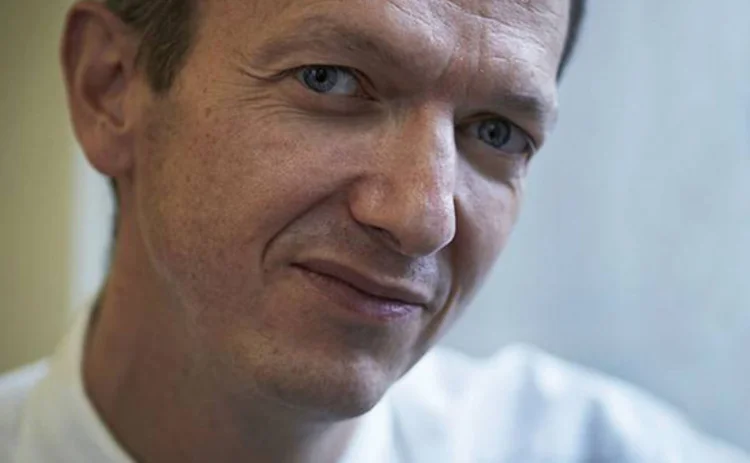
BoE’s Haldane sees greater role for central banks as risks shift
Central banks interventions may never retreat to pre-crisis levels

Central bank interventions, which have reached unprecedented levels since the advent of the global financial crisis, may never revert to pre-crisis levels, according to a scenario outlined by Bank of England chief economist, Andrew Haldane. Central banks may therefore become more active in their efforts to address substantially different financial stability risks, Haldane says in an article published in Central Banking journal today.
Haldane says one of the likely consequences of the crisis, and the resulting regulatory response that has seen a clampdown on bank capital and liquidity rules, is that the financial system "will reinvent itself". Financial activity and risks could migrate "outside of the banking system" as a result. "What previously had been credit and maturity mismatch risk on the balance sheet of the banking system may metastasise into market and illiquidity risk on the balance sheets of non-banks," says Haldane. "This could have important implications for the stability of the financial system and the broader economy."
In Haldane's scenario – he also pictured a world where central bank policy could return to pre-crisis levels – the financial system and economy may become less prone to the low-frequency, high-cost banking crises seen in the past. But the financial system could "exhibit a new strain of systemic risk – a greater number of higher-frequency, higher-amplitude cyclical fluctuations in asset prices and financial activity, now originating on the balance sheets of mutual funds, insurance companies and pension funds". "These cyclical fluctuations could in turn be transmitted to, and mirrored, in greater cyclical instabilities in the wider economy," Haldane says.
Haldane says in such a situation, it would be "very difficult" for central bank monetary, regulatory and operational policy "to beat an orderly retreat". "It is likely that regulatory policy would need to be in a constant state of alert for risks emerging in the financial shadows, which could trip up regulators and the financial system. In other words, regulatory fine-tuning could become the rule, not the exception," he says.
In this world, the use of macro-prudential policy to lean against the financial cycle could become more, not less, important over time. "Their role in shaping the fortunes of financial markets and financial firms more likely would rise. Central banks' every word would remain forensically scrutinised. And there would be an accompanying demand for ever-greater amounts of central bank transparency. Central banks would rarely be far from the front pages," Haldane says.
The Bank of England official said he was uncertain which of the two scenarios he described would emerge in reality, but believes there are "some reasons for doubt" that the world will revert to a situation where central bank actions will be confined to the back pages of newspapers.
"Andrew Haldane has a reputation around the world as being one of the foremost, original thinkers on the subjects of banking, finance and economics," says Chris Jeffery, editor of Central Banking (Twitter: @_CB.Editor. "This article, which maps out two potential scenarios for the development of financial and economic systems in a post-crisis world, represents an important contribution on the likely development of central banking practices in the years ahead. Unfortunately for many, Haldane's more daunting path, where risk re-emerges in dangerous and unexpected places, looks the more likely scenario at present."
Only users who have a paid subscription or are part of a corporate subscription are able to print or copy content.
To access these options, along with all other subscription benefits, please contact info@centralbanking.com or view our subscription options here: subscriptions.centralbanking.com/subscribe
You are currently unable to print this content. Please contact info@centralbanking.com to find out more.
You are currently unable to copy this content. Please contact info@centralbanking.com to find out more.
Copyright Infopro Digital Limited. All rights reserved.
As outlined in our terms and conditions, https://www.infopro-digital.com/terms-and-conditions/subscriptions/ (point 2.4), printing is limited to a single copy.
If you would like to purchase additional rights please email info@centralbanking.com test test test
Copyright Infopro Digital Limited. All rights reserved.
You may share this content using our article tools. As outlined in our terms and conditions, https://www.infopro-digital.com/terms-and-conditions/subscriptions/ (clause 2.4), an Authorised User may only make one copy of the materials for their own personal use. You must also comply with the restrictions in clause 2.5.
If you would like to purchase additional rights please email info@centralbanking.com test test test








